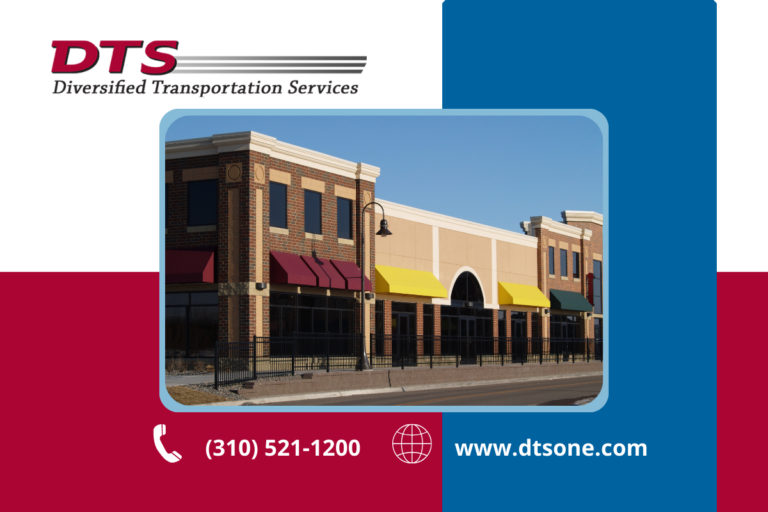
Is Retail Going To Be a Thing of the Past?
Doubtful.
With some retailers closing stores, downsizing, and moving to warehouse distribution with online-only stores, how will this truly affect the supply chain?
Rather than manufacturers importing containers of goods and then breaking them out into 10-20 different retail stores, they instead send the goods to 2-4 regional distribution centers. It’s a cost-saving operation on the front end, but there’s more to it from the back end. They need to integrate their technology and shift their labor strategy to accommodate those smaller orders for their buyers.
Are they still saving money in the long run?
From the logistics side relating to truckload and LTL only, distribution and transportation will be much easier since they will only have one or two warehouses to deliver the goods to. The challenge, of course, is that they now must have increased labor, top-notch technology, and larger warehouse space as well as regional distribution centers (something they may not have had in the past) to meet the client’s needs in getting the products swiftly and cost-effectively.
The difference between shipping a handful of large shipments and hundreds of smaller shipments is a logistical shift retailers may not have faced before.
When shifting from a brick-and-mortar store model to an e-commerce model, retailers who’ve never had to deal with large amounts of small packages will have to cope with the change – and quickly. Those retailers will need to negotiate rates with the small parcel players or find a third party who can help lower the overall costs.
3PLs have buying powers that smaller retailers simply can’t, due to the scale at which they can negotiate rates.
Will the shoppers accept a store that moves to an online-only model?
Another issue will be whether or not shoppers continue to enjoy online buying only – will they accept not seeing the products in hand for an immediate purchase?
There will always be a need for retail stores that are located throughout the United States. I don't ever see retail completely going away – and I’m not alone in thinking that. Ken Morris, at Boston Retail Partners, says "Brick-and-mortar isn’t dead, it’s evolving.” The common thread among many larger companies with physical locations is that stores need to provide an integrated shopping experience. This is one reason why Amazon, the largest e-commerce company in the US, has opened up its brick-and-mortar stores. Retailers today can only remain competitive if they provide consumers with a modern buying experience. As retailers continue to try to determine what consumers want in their current buying patterns, they will have to make a large shift in the way they do business. Implementing modern technology through a TMS platform for LTL truckloads and expedited shipments will be mission-critical for the success of those retailers.
At Diversified Transportation Services we use our technology and implement our TMS into other provider’s WMS, such as SAP or Oracle. This helps our clients automate their processes, by which they can partner with 3PLs and Supply Chain innovators such as DTS.
I don't believe retail will ever truly go away as people like to shop.
Manufacturers and shippers of goods must continue to chase the way consumers purchase goods in today’s highly integrated world.
At the same time, retailers need to partner up with technology innovators (such as Diversified Transportation Services) who can help them manage the process regarding the drayage of containers, truckload distribution into their distribution centers, and of course LTL between distribution centers.
For more information regarding what DTS can do for you, reach out to us at 310-521-1200 or email us at marketing@dtsone.com.
Whether you're a company looking to improve one facet of your supply chain, your entire supply chain, or simply looking for a transportation and logistics consultation, we can help.